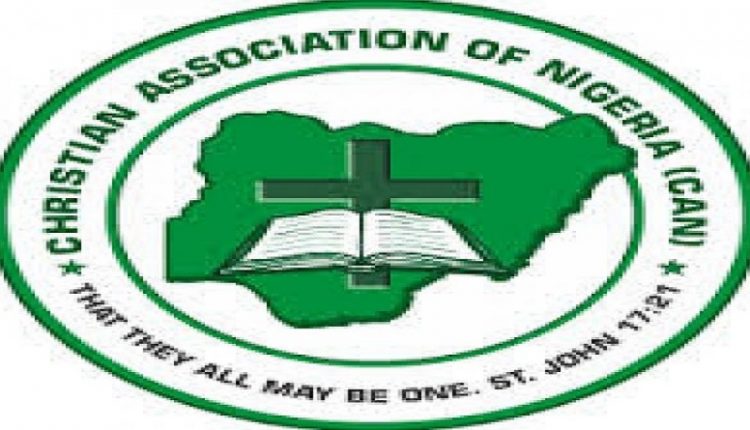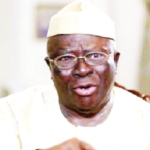
With about five months to the 2023 general election, the President of the Christian Association of Nigeria, Archbishop Daniel Okoh, has lamented that Nigeria is currently passing through challenging times that require all hands to be on the deck to salvage it from descent into a state of anarchy.
Okoh said Nigeria’s image had gone so low that every citizen was wrongly perceived as either a thief or a beggar who had nothing to offer.
Speaking at the third Catholic Archdiocesan General Assembly in Abuja with the theme, “Witness in Politics: The role of the Catholic faithful,” he added, “It is our individual and collective responsibility to negate such perception by conducting ourselves in our daily lives in the light of the values that we learnt from our Lord, Jesus Christ. In politics, Christians must occupy our space and participate as the light in the darkness, resisting all forms of intimidation.
“Those of us who engage in partisan politics must remember that we need to provide leadership in showing these right values so that we can influence good governance that will bring about a peaceful and prosperous nation. To keep up with the tide of events, the Christian Association of Nigeria inaugurated a political strategy and action committee to encourage Christians to participate in politics amongst several other things.”
In his keynote address, the Catholic Archbishop of Abuja, Most Rev Ignatius Kaigama, has advised Nigerian leaders to shun political tactics of sentiment and embrace politics of issues, bearing in mind the solutions to the challenges facing the country.
Kaigama, however, said that although Nigeria still had the potential for greatness, the citizens must choose merit over mediocrity as they elect new leaders in 2023 to save the country from the brink of disintegration.
He said, “The politics of bitterness, unhealthy personality clashes, manipulation, etc., have become deeply entrenched in our country. The inability to realise a meaningful change in our socio-political and economic environment is a result of the culture of corruption and very poor governance, coupled with untamed political, religious, and ethnic sentiments. To reverse this unfortunate trend, there is the need for a complete change in the way we do politics.”
“The political parties should, therefore, be forthcoming on how best they are to address the issues bedeviling our polity like insecurity, deteriorating public health and education, the current inflationary trends, resulting in high living conditions, etc. Unfortunately, we have lived for so long under politics understood as manipulation, exclusion, greed and graft. Politics in Nigeria is considered a business and is superior to probity.
“The popular assumption is that if the Fulani are in power; they are ‘eating well’ while the Yoruba and the Igbo are losing out, so they have to simply endure and wait until it is their turn. A typical Nigerian prefers a bad leader from their tribe to a good leader from another tribe. This, I believe, is the genesis of our problem. Little wonder, political positions in Nigeria have become fiercely contested. It is perhaps only in Nigeria that when a person is given a political appointment, he behaves hysterically as if he has won a big lottery.
Also speaking, a former governor of Rivers State, Celestine Omehia, said the theme of the programme was apt knowing that the 2023 general elections were a few months away.
He added, “I will be stating the obvious if I say that the Catholic Church cannot be isolated from the general Nigerian society since members of the Church are also members of the political class. A dedicated Catholic in politics should be like the biblical lamp lit in a house that should not be hidden. I don’t believe that all politicians are as evil as many supposed them to be. I don’t believe that all politicians are not principled. No, it’s not correct. Our moral and religious backgrounds should always reflect on our words and actions.”





